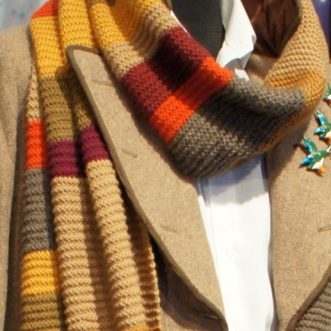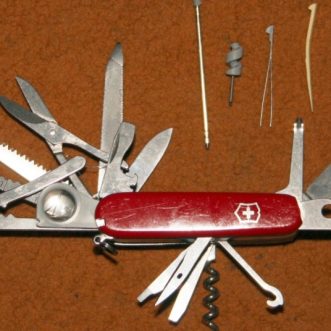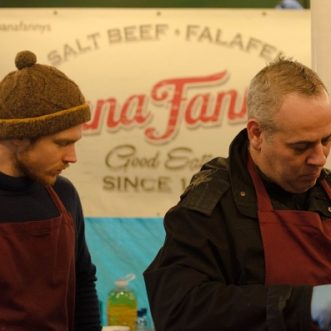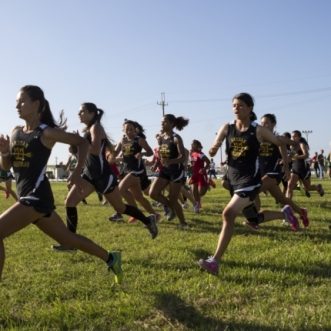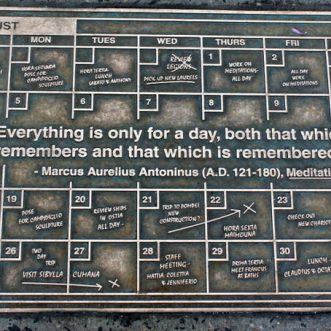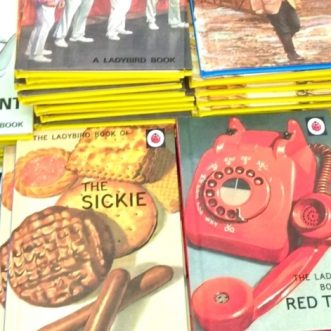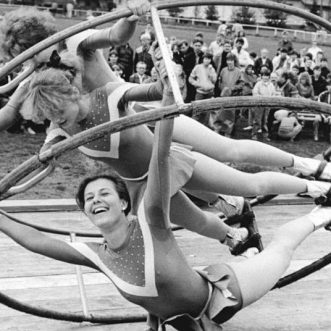April 17, 2020
When, towards the end of last year, I decided to publish a book, I had an idea in my mind, a mental picture if you like, of what it would be like.
I envisaged something like a Ladybird book. A small format, portrait, made up of double-page spreads, with text on the left hand page, and an accompanying photograph on the facing page. Simple, easy to read, slightly nostalgic (for people of a certain age), and perhaps slightly tongue-in-cheek.
I knew I couldn’t put this together myself, so I asked Rob Key at Studio Change to help.
Rob had a different mental model. Still small, still two-page spreads, still text plus illustration, but completely different.
He showed me what my book would look like according to his model and I was blown away.
The thing about models, is that they are all approximations, they are all wrong.
But some models are much more useful than others. And you’re unlikely to come up with all of them yourself. So you need to share your models, be open to new ones and be willing to improve your own.
Model interactions is how we learn to do better.
